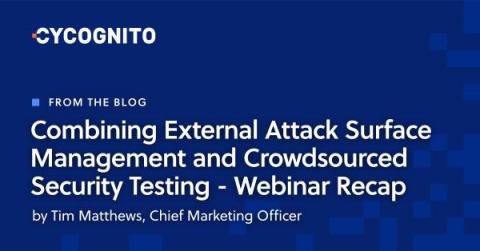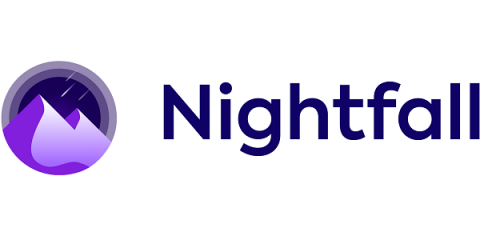Generative AI Results In 1760% Increase in BEC Attacks
As cybercriminals leverage tools like generative AI, making attacks easier to execute and with a higher degree of success, phishing attacks continues to increase in frequency. I’ve been covering the cybercrime economy’s use of AI since it started. I’ve pointed out the simple misuse of ChatGPT when it launched, the creation of AI-based cybercrime platforms like FraudGPT, and how today’s cybercriminal can basically create foolproof malicious content.











